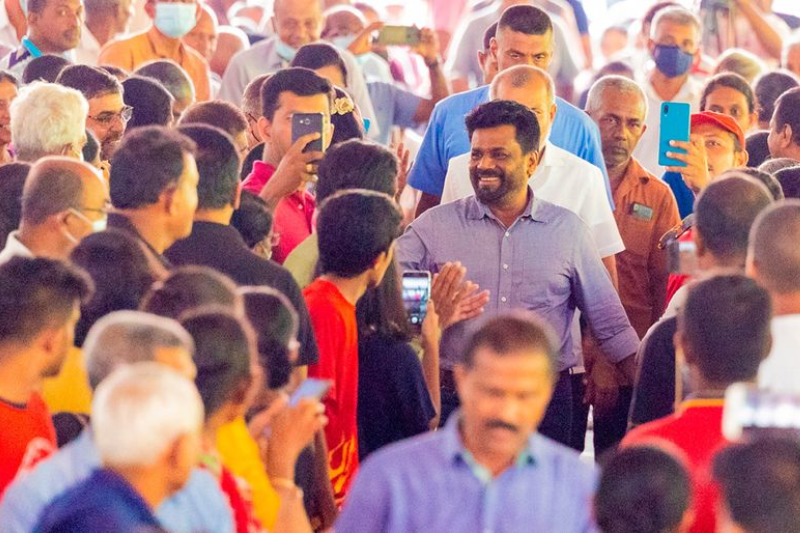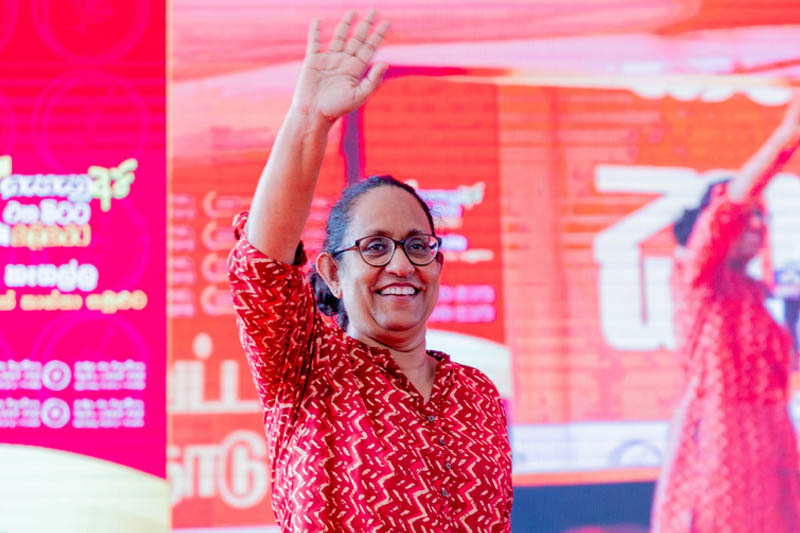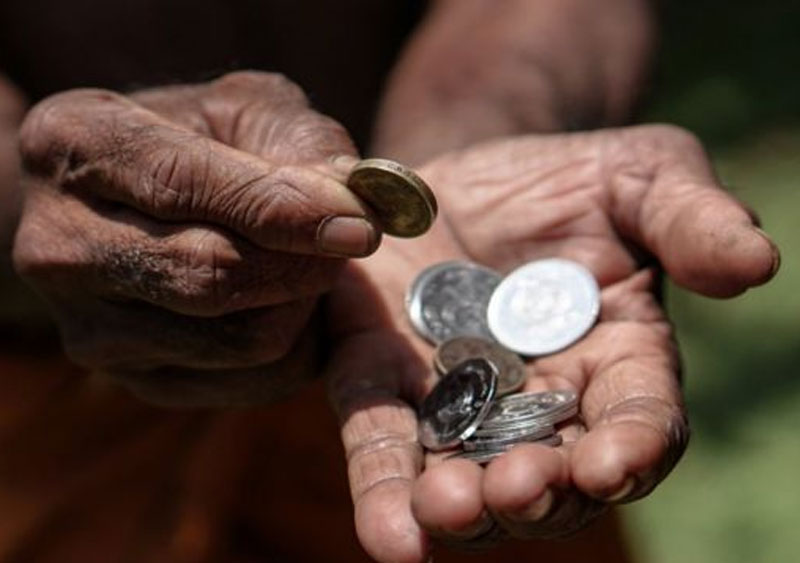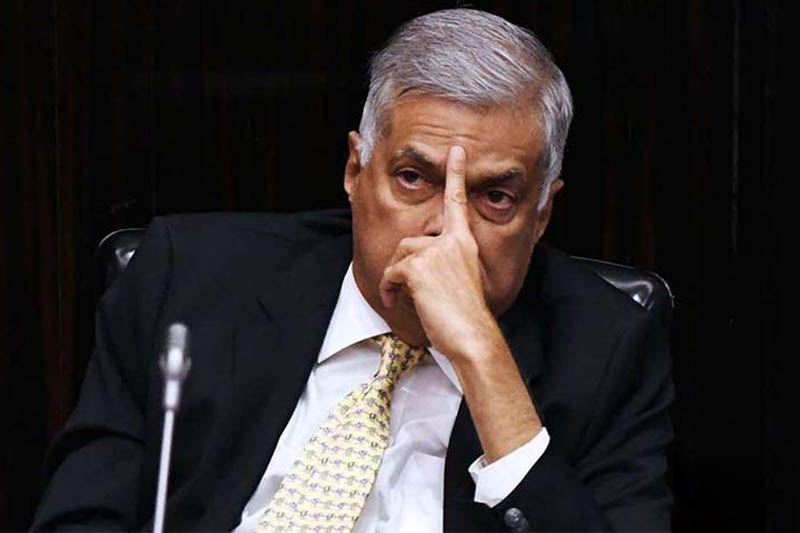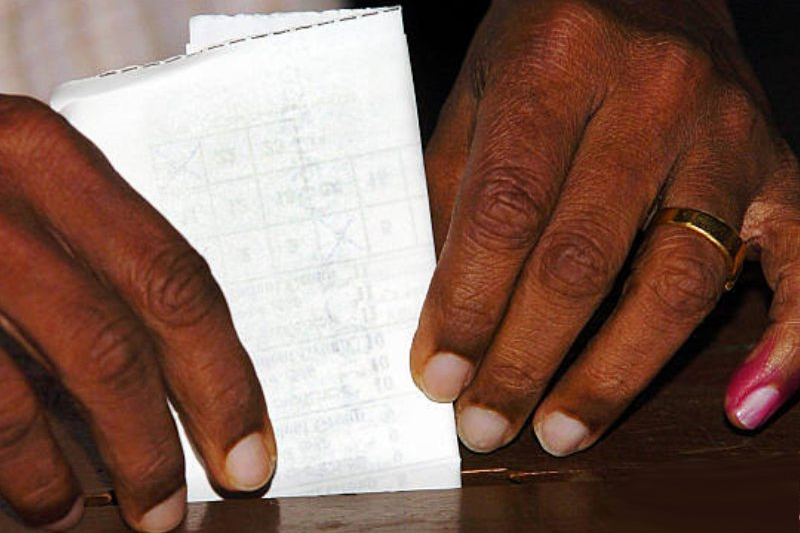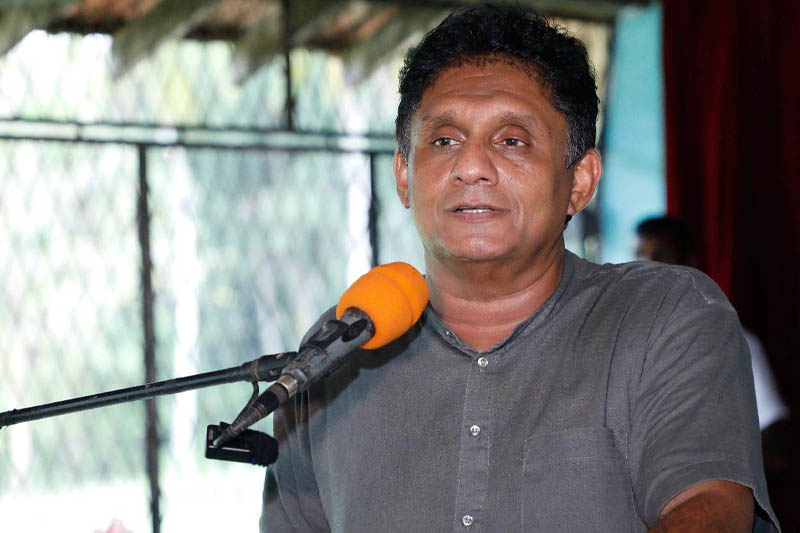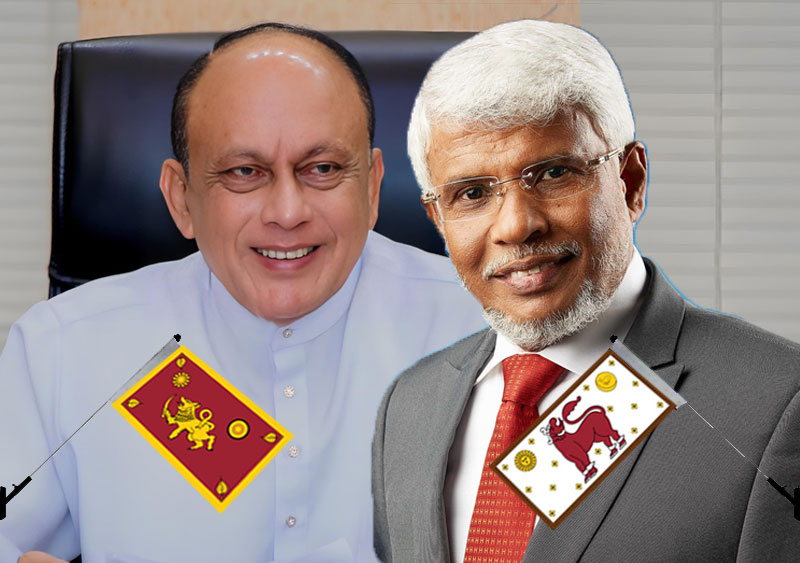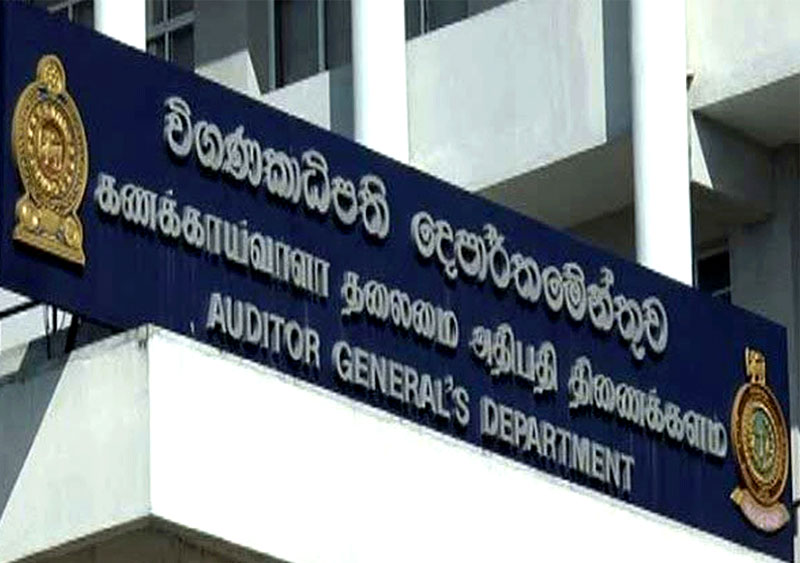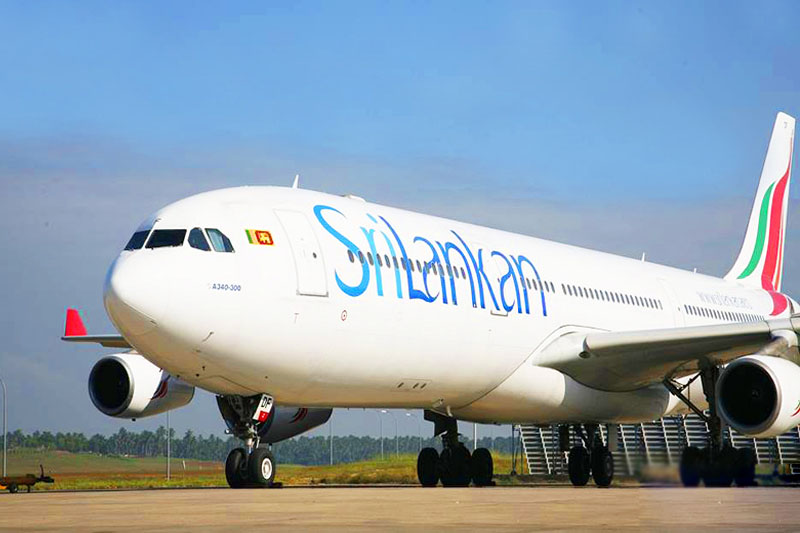In the turbulent seas of Sri Lankan politics, a new wave is rising, personified by Anura Kumara Dissanayake (AKD), a man whose journey from the ranks of the humble to the forefront of national consciousness reflects the evolving soul of a nation yearning for change.
AKD’s political maturation has been both profound and public. Educated at the University of Kelaniya, he emerged as a seasoned participant in the political arena, reshaping his image from the grassroots level upwards.
His transformation over the past three years has been notable: a change in attire and a more measured oratory style, underpinned by robust data that lends weight to his compelling storytelling. At 55, he shows energy in his physical presence compared to other leaders.
Yet, it is the shadow of the Janatha Vimukthi Peramuna’s (JVP) violent past during the ’88/’89 period, which claimed thousands of lives, including my cousin Sudesh (a JVP youth leader, killed on 21 July 1989 by the Army), that looms over AKD’s campaign.
It is a past that the JVP has had to contend with – defending the indefensible to a populace that still remembers the pain.
The spectre of the supporters underscores the importance of AKD’s new narrative of accountability and reform. The JVP has led two armed struggles since the formation of the party in 1965.
The party continued to justify the violent revolution, but no one sane can agree with any solution that ended with the loss of human lives. There is no justification for killing, whether it’s in Gaza, Kilinochchi, or Tissamaharama.
The resurgence of the JVP in 1994 marked a seminal moment akin to a phoenix rising. It signalled not just a return but a reinvention, much like the indelible imprint left by the late Rohana Wijeweera, whose visionary leadership was to the JVP what Steve Jobs was to Apple.
Following Wijeweera’s demise, the administration of Somawansa Amarasinghe brought a lukewarm period to the party despite its success in securing 39 parliamentary seats during Chandrika Bandaranaike Kumaratunga’s (CBK) coalition government.
The rise of AKD
In a landscape marked by the loss of prominent leaders like Kumar Gunaratnam and Wimal Weerawansa to divergent paths and others to the allure of mainstream politics, the JVP under AKD has quietly undergone a strategic evolution.
Due credit should be given to Tilvin Silva and the unseen labour of the hardcore comrades, with AKD as the public face of a revolution in progress.
Dissanayake’s authentic approach, underscored by his ability to connect with the masses across various platforms, from parliamentary demeanour to YouTube interviews, has bolstered his standing.
His relatable behaviour, which reflects the visage of the commoner rather than a distant elite, has struck a chord with a population weary of traditional politics. AKD is the son of a labourer; he should understand the pain of the people and their aspirations.
AKD’s distinct path sets him apart from past leaders, such as J.R. Jayewardene, Ranasinghe Premadasa, CBK, the Rajapaksa brothers, and now Wickremesinghe. His authenticity and grassroots appeal starkly contrast the political dynasties and established elites that have long governed the island.
The tragic assassination of Gamini Dissanayake, which catalysed the unexpected rise of Kumaratunga in 1994, serves as a historical parallel to the unpredictable nature of Sri Lankan politics, where tragedy and change are often intertwined.
Despite not being an ‘intellectual masterpiece’ like Ranil Wickremesinghe and lacking the inherited political mantle of Sajith Premadasa or the military laurels of Sarath Fonseka, AKD represents a new archetype in leadership, one not predicated on past victories or dynastic claims.
In the 2019 presidential race, he secured over 418,000 votes, a humble beginning for a campaign that now seeks to surpass the 6.9 million vote threshold of the last election winner.
Potential for ascendancy
Polls and approval ratings, fluctuating between 18% and 51%, demonstrate the volatility and uncertainty of political forecasts, but they also hint at a potential for AKD’s unprecedented ascendancy.
Wickremesinghe’s seasoned coalition-building acumen and Basil Rajapaksa’s strategic nous represent the old guard’s response to this emerging challenge.
Seventy-eight-year-old CBK is still a force to reckon with and a possible queen-maker in a grand coalition, despite reservations of her critics.
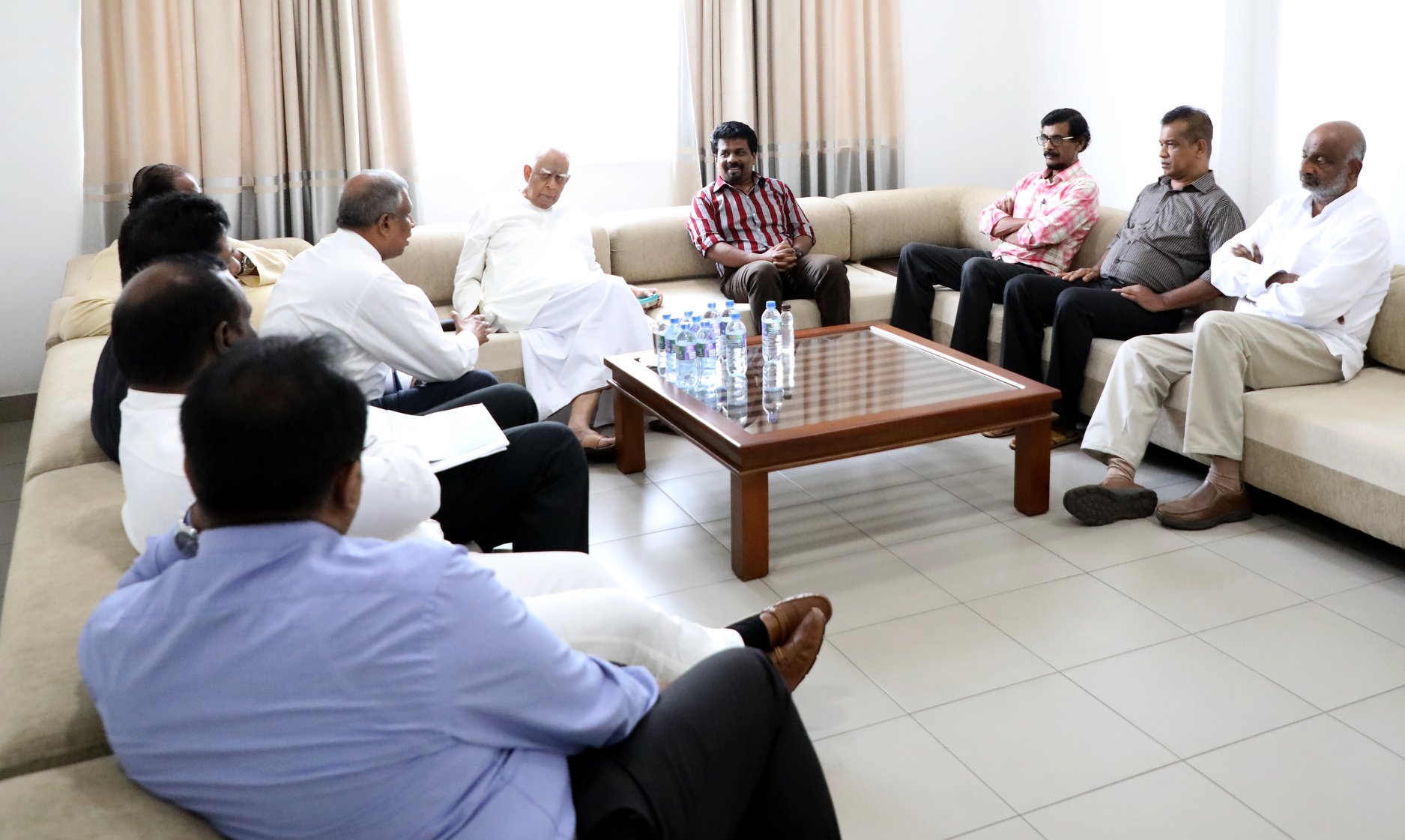
The JVP’s ideological rigidity against coalition politics poses its greatest strength and most critical vulnerability. Should AKD form alliances with Hakeem, Digambaram, Thondaman, Bathiudeen, Ganesan, and Sumanthiran, he risks alienating his core supporters.
Instead, his path to victory lies in a delicate balance, winning over the northern Tamils, the estate Tamils, and the Muslim community without the traditional power brokers. Winning the majority Sinhala Buddhist vote will be an uphill task for anyone, and we should not forget the bruised and battered Catholic bloc.
If AKD manages to ascend to the presidency without the support of these established entities, it would not just be a victory for him or the JVP but a signal of a paradigm shift in Sri Lankan politics – a genuine people’s movement. However, reading the country’s history, President AKD, without any other political actors, will be nothing short of a miracle.
Electoral battlegrounds
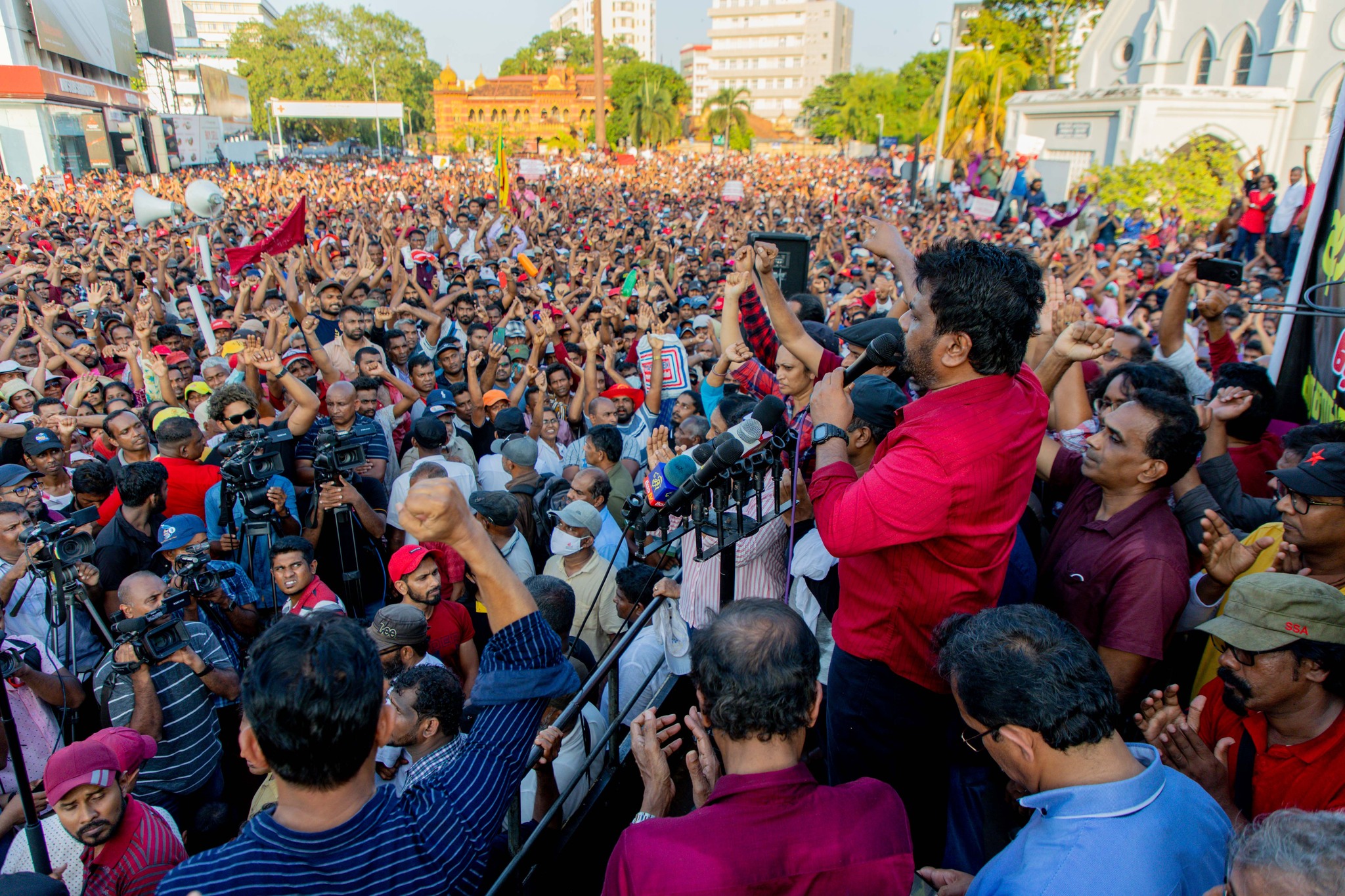
Next year, 16.8 million voters will go to the polls. Historically, this is 80% of the votes. The above six million votes are from electoral districts such as Colombo, Gampaha, Kandy, and Kurunegala. These are the battlegrounds and bellwether districts to sway the Presidential Election.
The harsh economic conditions have impacted the lives of people. The aspirations of these citizens are relatively different to those of other districts.
The above bellwether districts are strongholds of the United National Party (UNP)/Samagi Jana Balawegaya (SJB) and the Sri Lanka Freedom Party (SLFP)/Sri Lanka Podujana Peramuna (SLPP).
The question is, how many will break away from heritage party lines and choose AKD as president? What’s AKD’s appeal for them? Or will it be anti-incumbency or loss of alternatives that move people towards AKD? Can AKD win three million votes from those four districts?
If yes, a severe battle is on the cards.
If not, the establishment wins.
This is the domestic challenge. Let’s unfold the other mystery.
Game of geopolitics
The 2024 election is not simply a political contest; it is a referendum on the future of Sri Lanka. With the nation at a pivotal crossroads, the outcome will resonate far beyond its shores.
The story of AKD and the JVP’s bid for the presidency is woven from the threads of history, personal struggle, and the relentless pursuit of a new political epoch.
In the unfolding narrative of Sri Lanka’s political theatre, Anura Kumara Dissanayake stands out as a beacon of hope for many.
His ascent, marked by a blend of grassroots charm and data-driven discourse, heralds a potential shift in the island nation’s destiny.
Yet, as the local populace bets on AKD’s promise of change, a broader game of geopolitical chess unfolds on the global stage, with superpowers keenly eyeing Sri Lanka’s strategic pivot.
Dissanayake’s challenge is not just about winning the hearts of local voters; it is also about manoeuvring through the intricate web of international relations.
Sri Lanka’s geopolitical significance cannot be overstated, with its position in the Indian Ocean making it a precious gem in the eyes of global powerhouses like China, India, the US, and Japan.
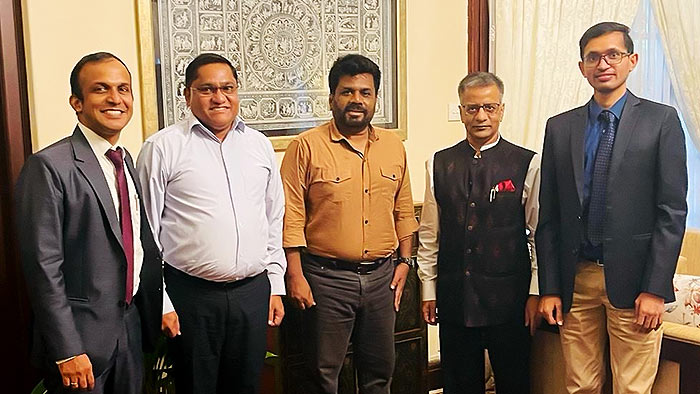
JVP leader Anura Kumara Dissanayake and Indian High Commissioner Gopal Baglay at the Indian High Commission in Colombo.
Each of these nations holds a vested interest in Sri Lanka’s political stance, looking for assurance that their strategic and defence interests will be safeguarded.
China, with its Belt and Road Initiative, has already etched deep financial footprints in the country’s infrastructure projects, eager to cement its influence.
India, the regional power, watches with a brotherly yet cautious gaze, its interests interwoven with the fabric of shared cultural and historical ties. The US and Japan, too, view Sri Lanka through the lens of security, stability, and the free flow of maritime trade.
Amid this complex geopolitical dance, AKD’s potential leadership comes with the daunting task of balancing these heavyweight interests while preserving national sovereignty.
His narrative, which resonates with simplicity and relatability at home, will need to evolve into a sophisticated foreign policy that acknowledges the delicate balance of power in the region. How Dissanayake articulates Sri Lanka’s position on this global chessboard will be pivotal.
With China’s expanding influence, India’s regional aspirations, America’s strategic interests, and Japan’s economic and defence stakes, AKD’s political understanding must extend beyond domestic politics to international diplomacy. It is one thing to captivate local audiences with impassioned speeches, but quite another to negotiate terms on the international stage that maintain a delicate equilibrium between national interests and international obligations.
The task ahead for AKD is multidimensional; securing a democratic mandate at home while crafting a foreign policy framework that navigates the competing currents of global superpowers.
His strategy must encapsulate a vision that assures Sri Lanka’s partners of stability and cooperation yet fiercely guards its autonomy, steering clear of becoming a pawn in a giant geopolitical game.
In conclusion, as the 2024 Presidential Election unfolds, the eyes of the world are not just on the voting booths of Sri Lanka but on the potential shifts in alliances and influence that a new leader like AKD could herald.
The election promises to be more than a local contest; it is a bellwether for the leadership that will emerge at the crossroads of regional aspirations and global imperatives.
For Dissanayake, the journey ahead is as much about winning the election as it is about charting a course for Sri Lanka that navigates through the intricate and often turbulent waters of international geopolitics.
Saliya Weerakoon

*The writer, Alumni of Harvard Kennedy School, is a serial entrepreneur and a former senior corporate executive with nearly 30 years of experience covering the Asia Pacific and the Middle East. With an academic background in public leadership, public policy, marketing, and digital economy, he has advised many senior political and business leaders over the last 12 years. He could be reached via email at This email address is being protected from spambots. You need JavaScript enabled to view it.

